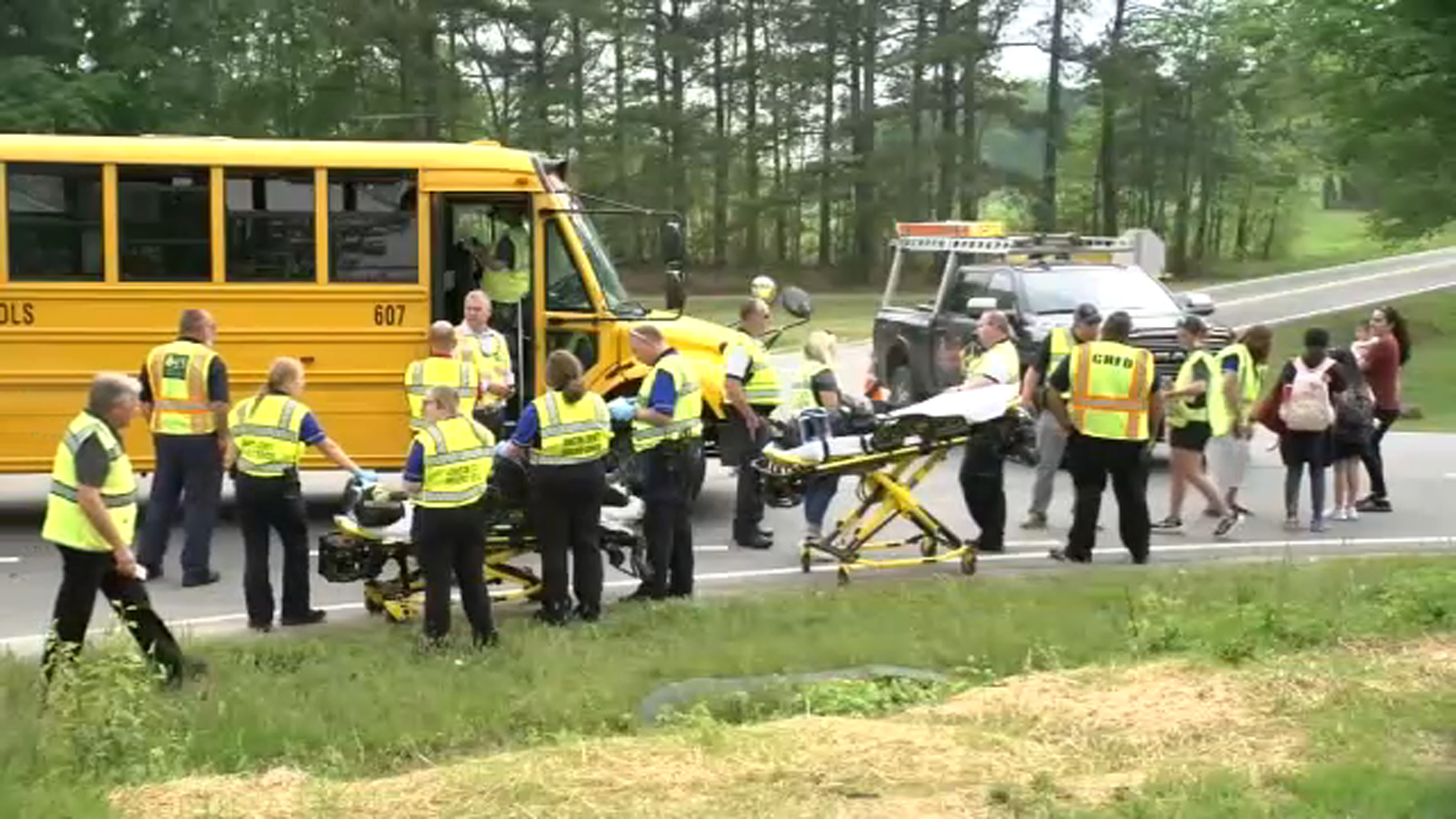North Carolina abortion rule-makers urged to put science first

RALEIGH -- Abortion-rights advocates urged North Carolina health officials on Friday to focus on science and not politics as they update rules for abortion clinics.
The updates have been submitted for public comment, including Friday's meeting in Raleigh. About 60 people, many of them wearing shirts promoting abortion rights, crowded into a Department of Health and Human Services and about a dozen had to stand.
About 15 people spoke, including several doctors who stressed the importance of access to abortion services. Only a few speakers favored stricter regulations.
The department will consider public comments until the end of January before handing the rules off to the state Rules Review Commission, and the Legislature is likely to examine them again. The changes were set in motion by a law the governor signed last year.
At the meeting, abortion-rights advocates questioned lawmakers' motivation for starting the process and why more regulations were needed. But the speakers generally commended the Department of Health and Human Services for considering science and consulting with doctors during the process.
"There is no question that ... the law that forced these regulations to be created was enacted by legislators with a single goal: to prevent women from accessing safe and legal abortion care in North Carolina," said Suzanne Buckley, the executive director for NARAL Pro Choice North Carolina Foundation.
Still, she said health department officials were thoughtful about consulting with doctors during the process.
"The department consulted with experts in the field of reproductive health care while drafting these regulations to ensure that they comport with the relevant medical standards ...," she said.
The rule changes include requirements that clinics have round-the-clock hotlines for patients who may have complications, an organized nursing staff at the clinic led by a registered nurse and on-site defibrillator.
Clinics must seek an agreement with a hospital that would receive patients in need of emergency care, but they would remain in compliance if they document an unsuccessful effort to secure an agreement. Mandatory transfer agreements without exceptions have been criticized as a technique to close clinics in other states.
The health department says there are 14 clinics certified to perform abortions and two more seeking certification.
One objection Friday came from North Carolina Values Coalition executive director Tami Fitzgerald, who said: "We think these rules fall short."
She argued that language about the frequency of inspections should be strengthened to ensure they are done each year. While the rules say clinics are subject to yearly inspections, critics argue that leaves wiggle room.
Fitzgerald also said certification requirements for clinics should be increased, and there should be no exceptions for clinics that fail to secure transfer agreements with hospitals.
Kelsea McLain, 29, of Carrboro, said she had an abortion a few years ago and was thankful that the process of making an appointment and receiving treatment was relatively simple compared to other states.
She said she thought hard about the decision and consulted with family members. But, she added: "Not once was I concerned about how a politician felt about my decision, nor did I call them and ask them for their input."




